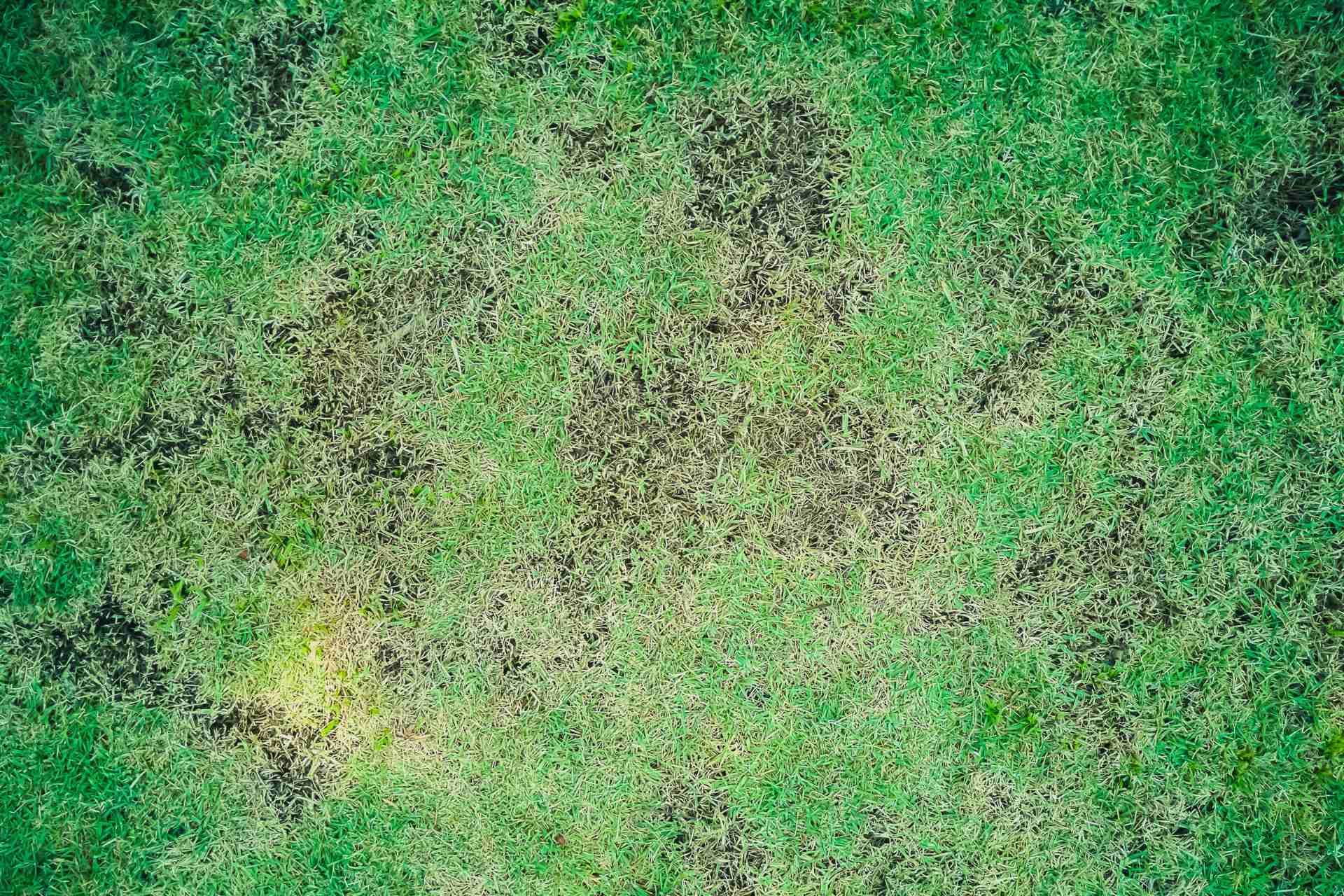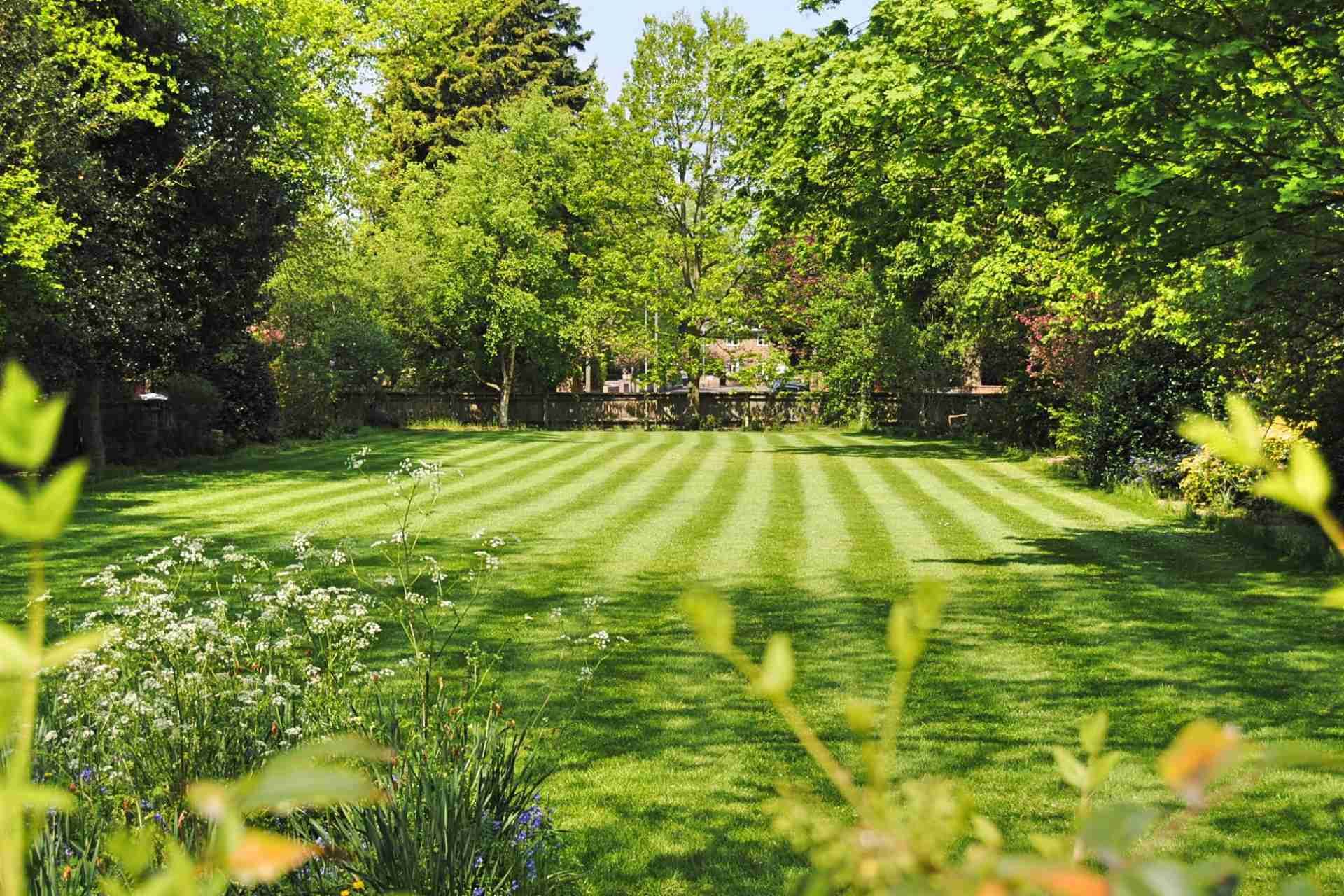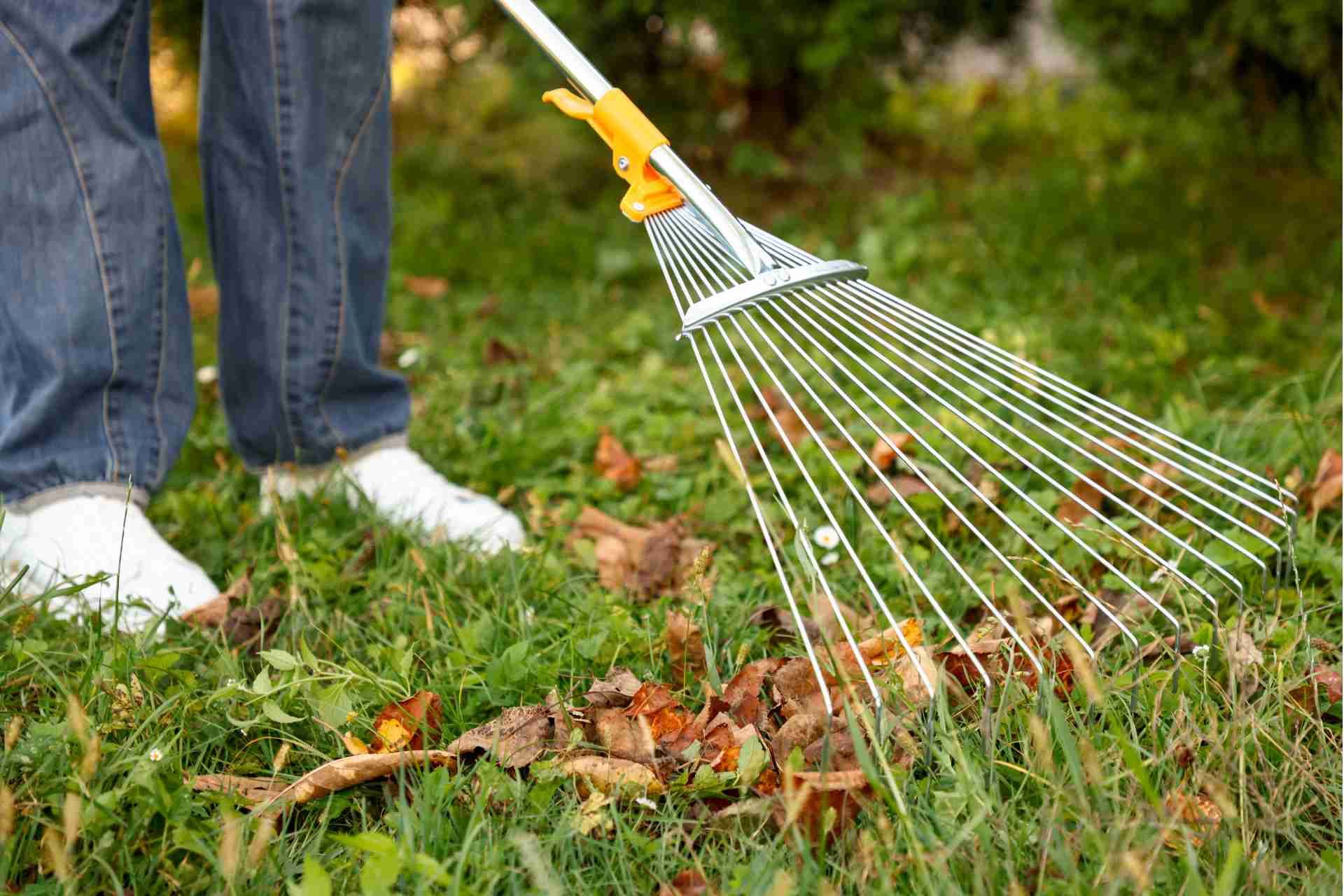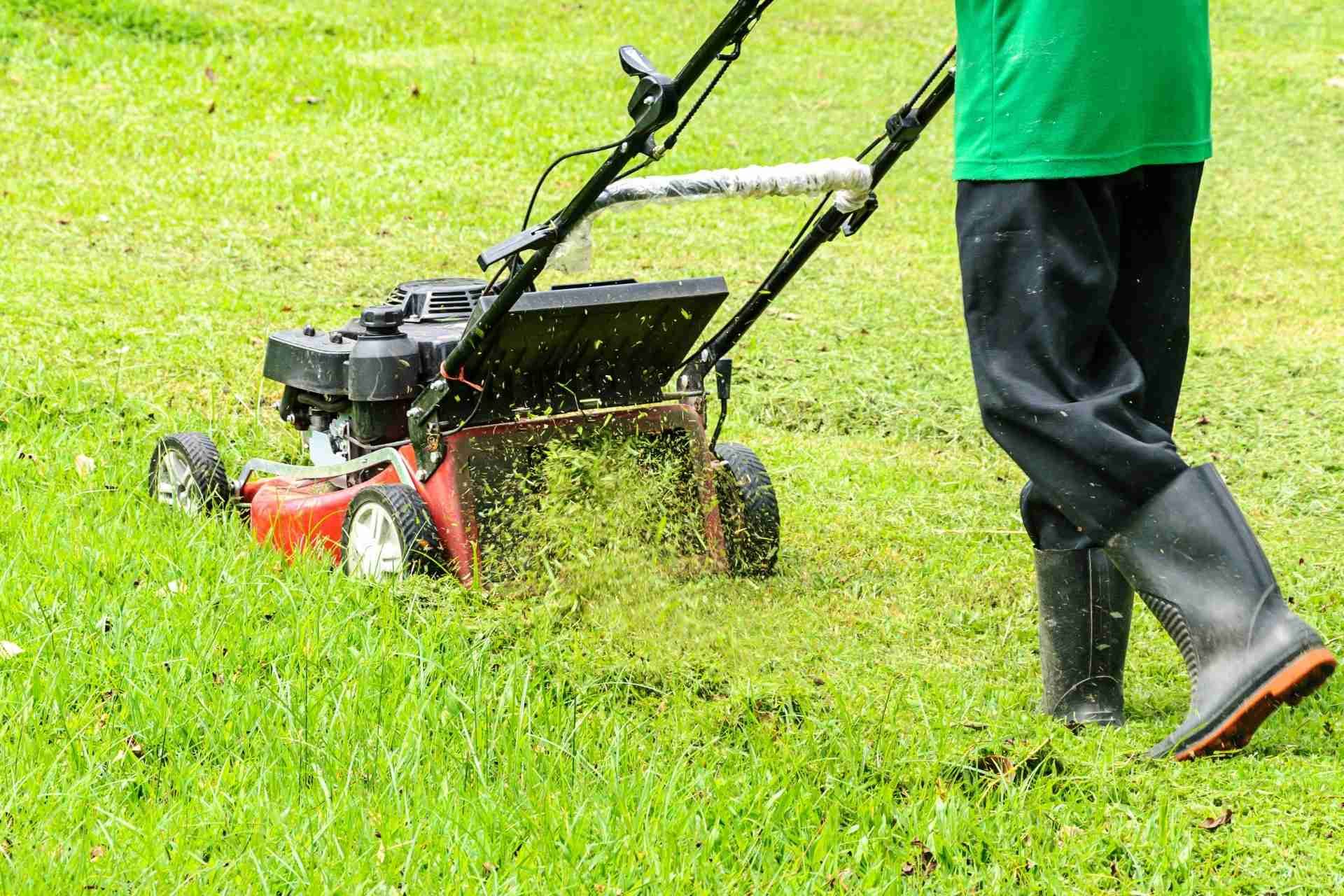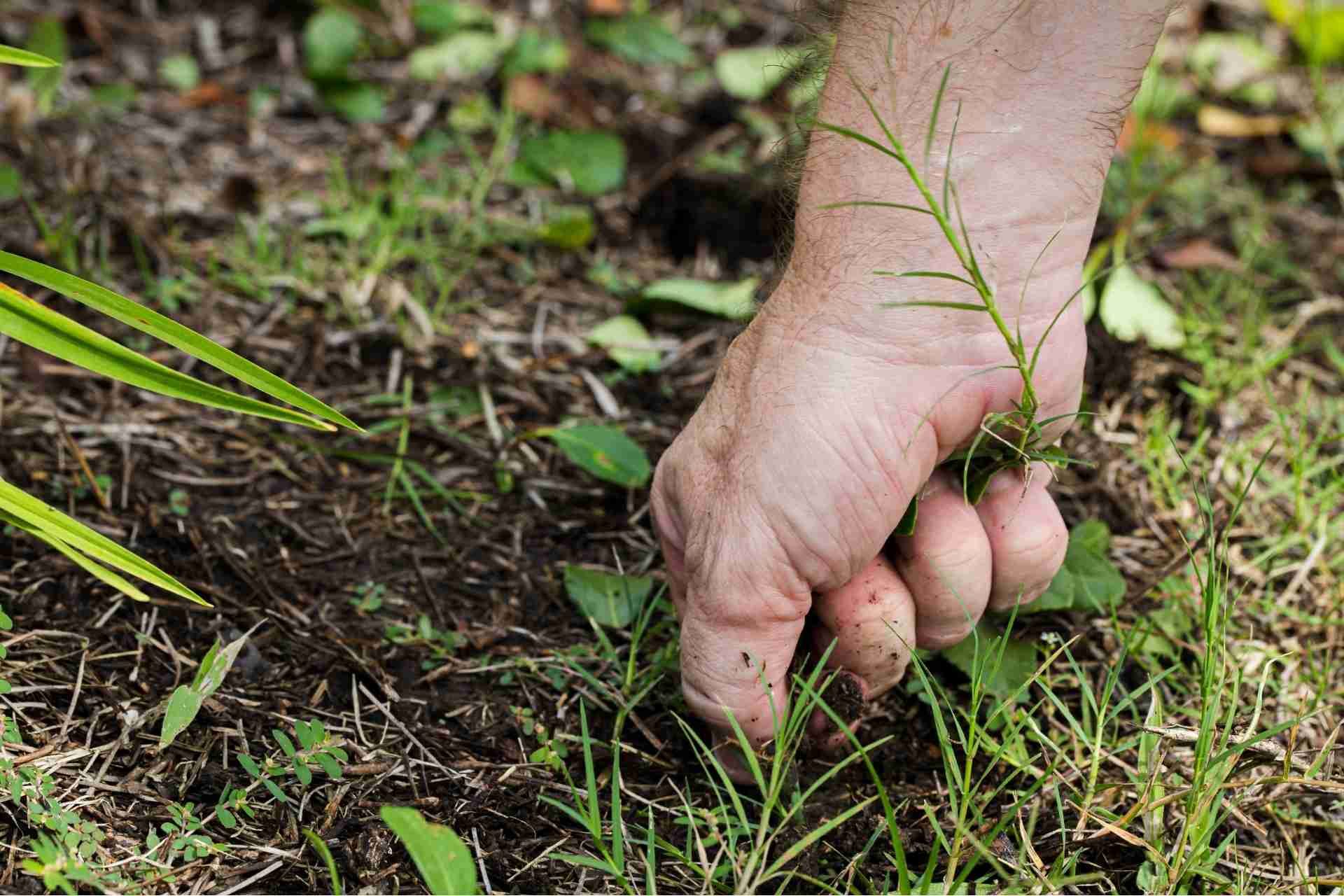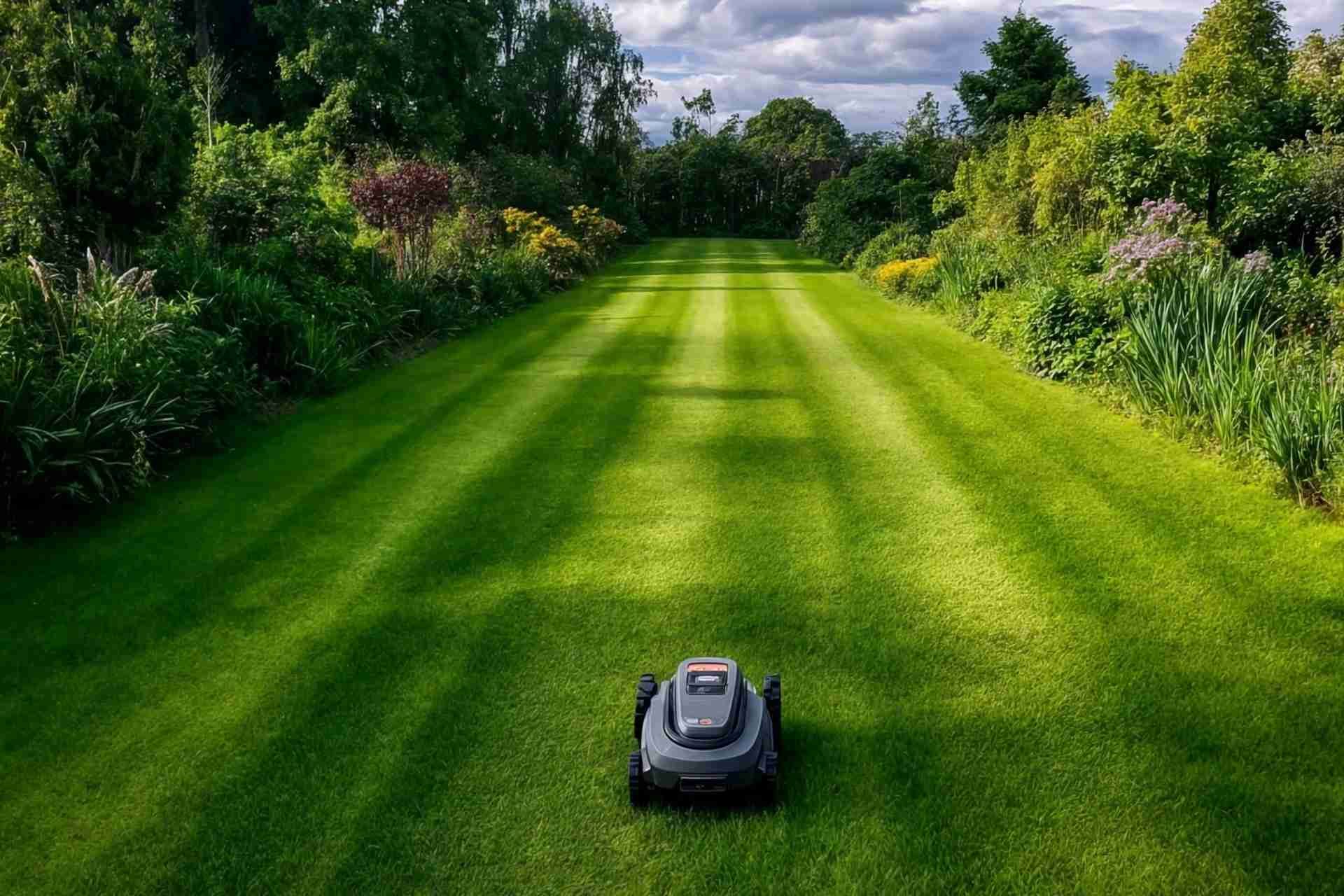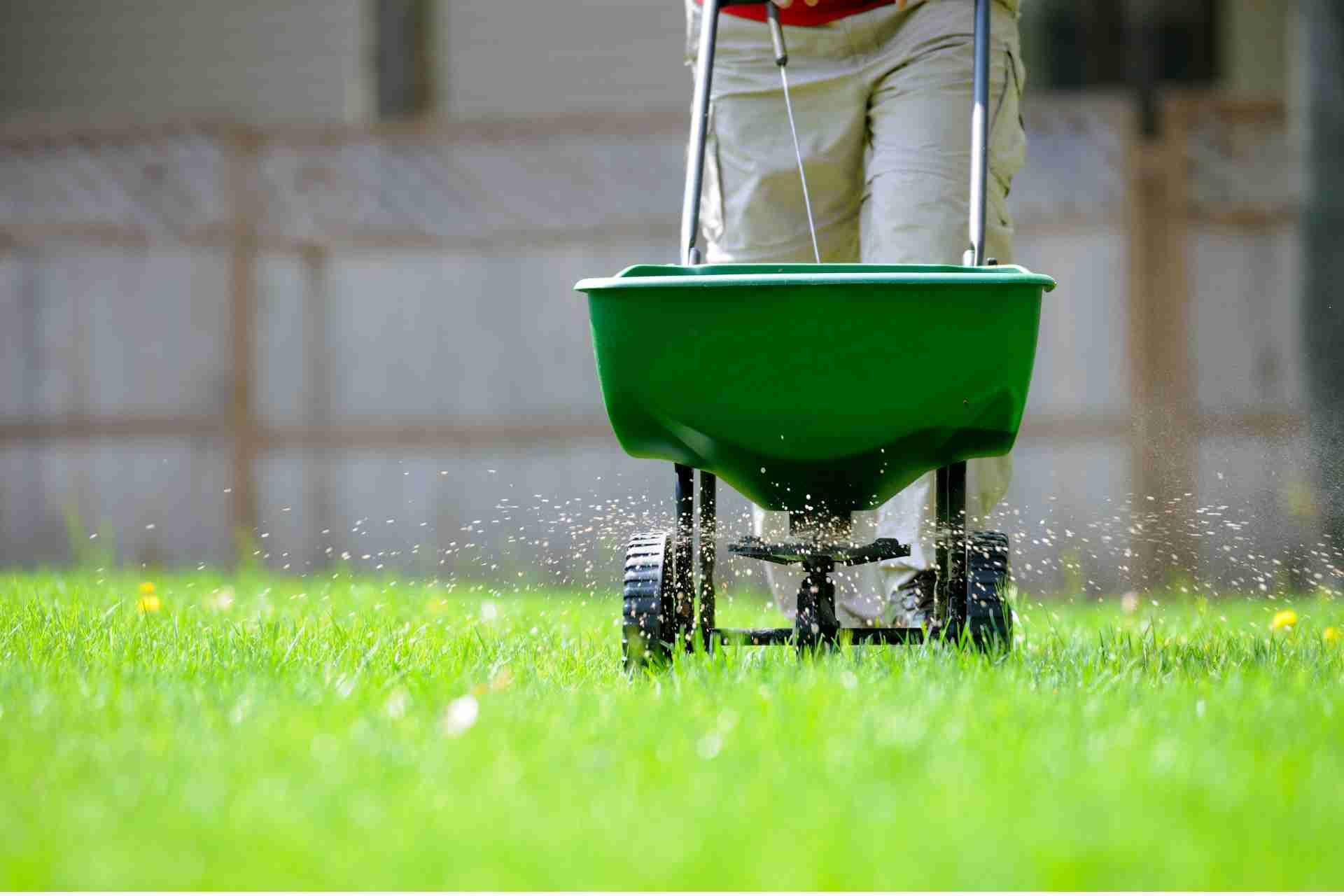Building a Lawn Care Schedule—The Organic Way

Building a lawn care schedule the organic way is more than just routine maintenance; it's about nurturing the soil and creating a thriving ecosystem. You'll need to understand the seasonal needs of your lawn and the natural methods to enhance its health. As you explore the best practices for each season, you might discover surprising techniques that can transform your approach. What steps will you take to ensure your lawn remains vibrant throughout the year?
Understanding Soil Health and Its Importance
While you might focus on mowing and watering your lawn, understanding soil health is crucial for achieving a lush, vibrant yard.
Soil is the foundation of your lawn, providing essential nutrients and support for grass growth. You need to assess its texture, pH, and nutrient content. Healthy soil promotes strong root systems, allowing your grass to withstand drought and disease.
Test your soil regularly to identify deficiencies and make necessary adjustments. Incorporating organic matter, like compost, enriches your soil and enhances its structure.
Remember, a thriving lawn starts from the ground up. Prioritize soil health, and you'll notice a remarkable difference in your yard's appearance and resilience.
Invest time in understanding your soil, and your grass will thank you.
Natural Fertilization Techniques
To achieve a healthy lawn, you can embrace natural fertilization techniques that nourish your grass without relying on synthetic chemicals.
One effective method is composting; adding organic matter enriches the soil with essential nutrients. You can also use grass clippings and leaves as natural mulch, which breaks down and feeds your lawn over time.
Another option is to apply organic fertilizers, like fish emulsion or seaweed extract, providing your grass with vital minerals.
Don't forget about companion planting—using specific plants can enhance soil health and nutrient availability.
Lastly, consider incorporating cover crops in the off-season; these improve soil structure and fertility.
Effective Pest Control Methods
Effective pest control methods are essential for maintaining a healthy lawn. Start by encouraging beneficial insects, like ladybugs and lacewings, which prey on harmful pests.
You can also use natural repellents such as neem oil or insecticidal soap to target specific problems without harming the environment. Regularly inspect your lawn for signs of pests, addressing issues early to prevent infestations. Hand-picking larger pests, like caterpillars, can be effective, too.
Additionally, ensure your lawn remains healthy through proper watering and mowing practices, as stressed grass is more susceptible to pests.
Lastly, rotate your plants and introduce diversity to disrupt pest life cycles. By being proactive and using these organic methods, you'll keep your lawn thriving and pest-free.
Seasonal Lawn Care Practices
Maintaining a healthy lawn goes beyond pest control; it also involves adapting your care practices to the changing seasons.
In spring, focus on aerating your lawn and applying a layer of organic compost to enhance soil health.
As temperatures rise in summer, ensure your grass is well-watered but not over-saturated; watering early in the morning is best.
Come fall, it's time to overseed and fertilize, allowing your lawn to prepare for winter.
In winter, protect your grass from harsh conditions by keeping it clear of debris and avoiding heavy traffic.
Eco-Friendly Weed Management Strategies
While a lush lawn is desirable, dealing with weeds can be a frustrating challenge. To tackle this issue organically, start by manually pulling weeds when they're young, ensuring you remove the entire root.
Consider using mulch to suppress weed growth and retain moisture. Regularly mowing your lawn at the recommended height promotes healthy grass, which can outcompete weeds.
You can also apply natural herbicides like vinegar or boiling water directly onto weeds, but take care not to harm surrounding plants. For persistent weeds, try planting cover crops that outcompete them or encourage beneficial insects that prey on weed seeds.
Conclusion
By following these organic lawn care practices, you're setting your lawn up for success year-round. Remember to prioritize soil health, use natural fertilizers, and manage pests effectively. Stay proactive with seasonal tasks like aerating in spring and overseeding in fall. Plus, adopting eco-friendly weed management will keep your lawn vibrant and healthy. With a little dedication and care, you'll enjoy a lush, thriving lawn that's good for both your home and the environment.

